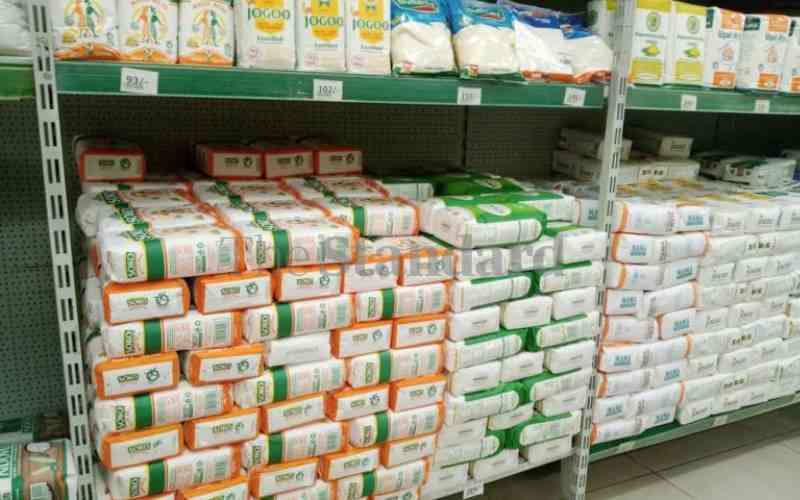×
The Standard e-Paper
Join Thousands Daily

Kenyans are yet to see the end of high food prices.
This is after new data from the Kenya National Bureau of Statistics (KNBS) showed that the country’s imports of chemical fertilisers in the first three months of this year dropped sharply by 64 per cent to 91,442.4 tonnes.